Neurogenetics A Guide for Clinicians
| Publisher |
Cambridge University Press |
|---|---|
| Language |
English |
| Edition |
1st |
| Format |
Publisher PDF |
| ISBN 13 |
9780521543729 |
- Best Price Guaranteed
- Best Version Available
- Free Pre‑Purchase Consultation
- Immediate Access After Purchase
$21.60
Categories: Basic SciencesGeneticsInternal medicineNeurology
Neurogenetics A Guide for Clinicians
Progress in the realm of genetic knowledge is significantly impacting the field of medical practice, particularly in neurology, where a multitude of diseases are linked to genetic mutations.
Neurology stands out among clinical specialties for its high prevalence of genetic-associated conditions. Given the increasing understanding of genes contributing to neurological disorders, both trainee and practicing neurologists require a comprehensive resource outlining fundamental principles and the key clinical conditions influenced by genetics.
This necessity led to the creation of Neurogenetics: A Guide for Clinicians, designed to cater to this precise requirement. The initial sections of the book delve into genetic testing and counseling, setting the stage for a deeper exploration of genetic components in various neurological diseases.
The subsequent chapters of the book delve into genetic factors associated with major neurological conditions such as epilepsy, Alzheimer’s disease, Parkinsonism, and muscular dystrophies.
It is essential to acknowledge that no single publication can encompass the ever-evolving landscape of genetic research; however, this guide serves as a solid foundation for integrating new genetic findings. Neurogenetics: A Guide for Clinicians serves as a concise yet comprehensive resource for neurologists, medical geneticists, and researchers dedicated to advancing knowledge in this specialized area of medicine.
This book is a valuable tool for staying abreast of the latest advancements in neurogenetics and applying this knowledge in clinical practice. It is a must-have reference for professionals seeking to enhance their understanding of the genetic underpinnings of neurological disorders and their implications for patient care.
The collaborative effort of experts in the field has resulted in a guide that bridges the gap between genetic research and clinical application, catering to the needs of a diverse audience involved in the study and treatment of neurological conditions.
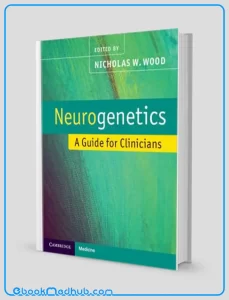
Neurogenetics A Guide for Clinicians
Key Features
The “Neurogenetics A Guide for Clinicians” is characterized by several key features that contribute to its value and relevance in the field. Firstly, the book offers an in-depth and thorough examination of genetic factors in major neurological diseases, ensuring that readers gain a comprehensive understanding of this complex subject matter. This comprehensive coverage is crucial in providing clinicians with the necessary knowledge to make informed decisions in their practice.
Additionally, the book delves into genetic testing and counseling right from the beginning, providing readers with valuable insights into these crucial aspects of clinical care. This detailed exploration serves to enhance the reader’s ability to incorporate genetic testing and counseling into their practice effectively.

Neurogenetics A Guide for Clinicians
Moreover, the book is tailored specifically for clinicians, bridging the gap between genetics and neurology and emphasizing the practical implications of genetic discoveries in patient care. By focusing on the clinical relevance of genetic information, the book aims to enhance patient outcomes and improve overall healthcare delivery.
Furthermore, the book is designed with a flexible framework that acknowledges the dynamic nature of genetic research. This flexibility allows for the seamless integration of new genetic findings, ensuring that the content remains current and relevant.
In addition, the book is inclusive of a wide audience, including neurologists, medical geneticists, and scientists, making it a valuable reference for professionals across different disciplines. The synoptic overview provided in “Neurogenetics A Guide for Clinicians” offers a balance between conciseness and comprehensiveness, making it accessible to both trainees and experienced practitioners. This balance is essential in catering to the diverse needs of readers at different stages of their careers.
Moreover, the book promotes an interdisciplinary approach, highlighting the multidimensional impact of genetics on neurology and encouraging collaboration across different fields.
Finally, while the book may not cover every latest research development in the field, it lays a solid foundation upon which new genetic discoveries can be incorporated into clinical practice. This foundational knowledge is invaluable in guiding clinicians in staying abreast of emerging research and implementing evidence-based practices in patient care.
In conclusion, “Neurogenetics A Guide for Clinicians” stands out for its comprehensive coverage, clinical focus, flexible framework, audience inclusivity, synoptic overview, interdisciplinary approach, and emphasis on current research trends in the field.

Neurogenetics A Guide for Clinicians
This website offers ( Neurogenetics A Guide for Clinicians ) with just a few clicks.
The website strives to provide you with simple access to the medical field as well as readily available information that you can download.
You can download all of the books at a reasonable price and get the most recent scientific data in the world of medicine anytime you want at ebookmedhub.com.
Other Products :
Physician Assistant Board Review 4th edition (Original PDF from Publisher)
Pain A textbook for health professionals 3rd edition (Original PDF from Publisher)
Nevos Tumores Neviformes y Sindromes Nevicos (Spanish Edition) (High Quality Image PDF)



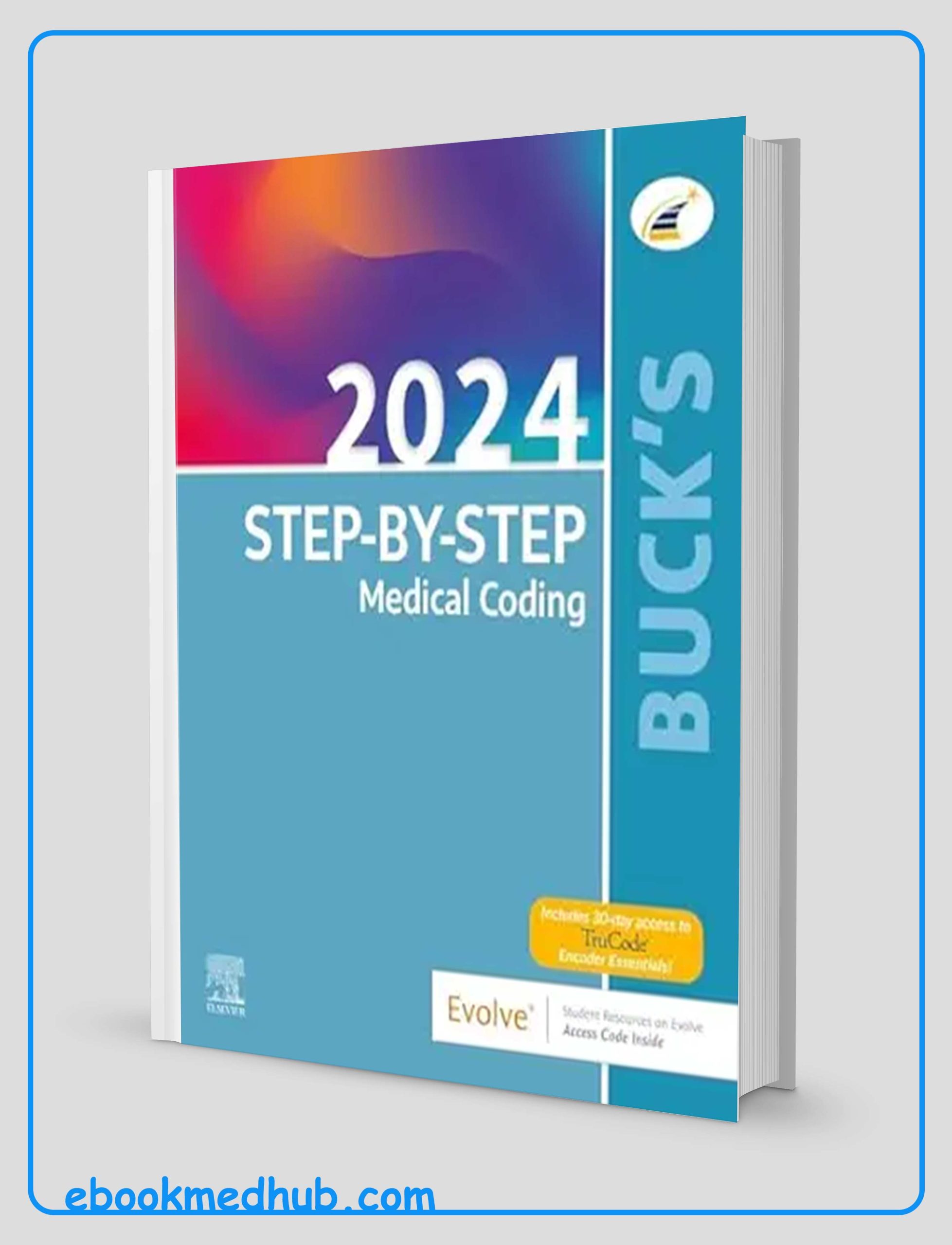







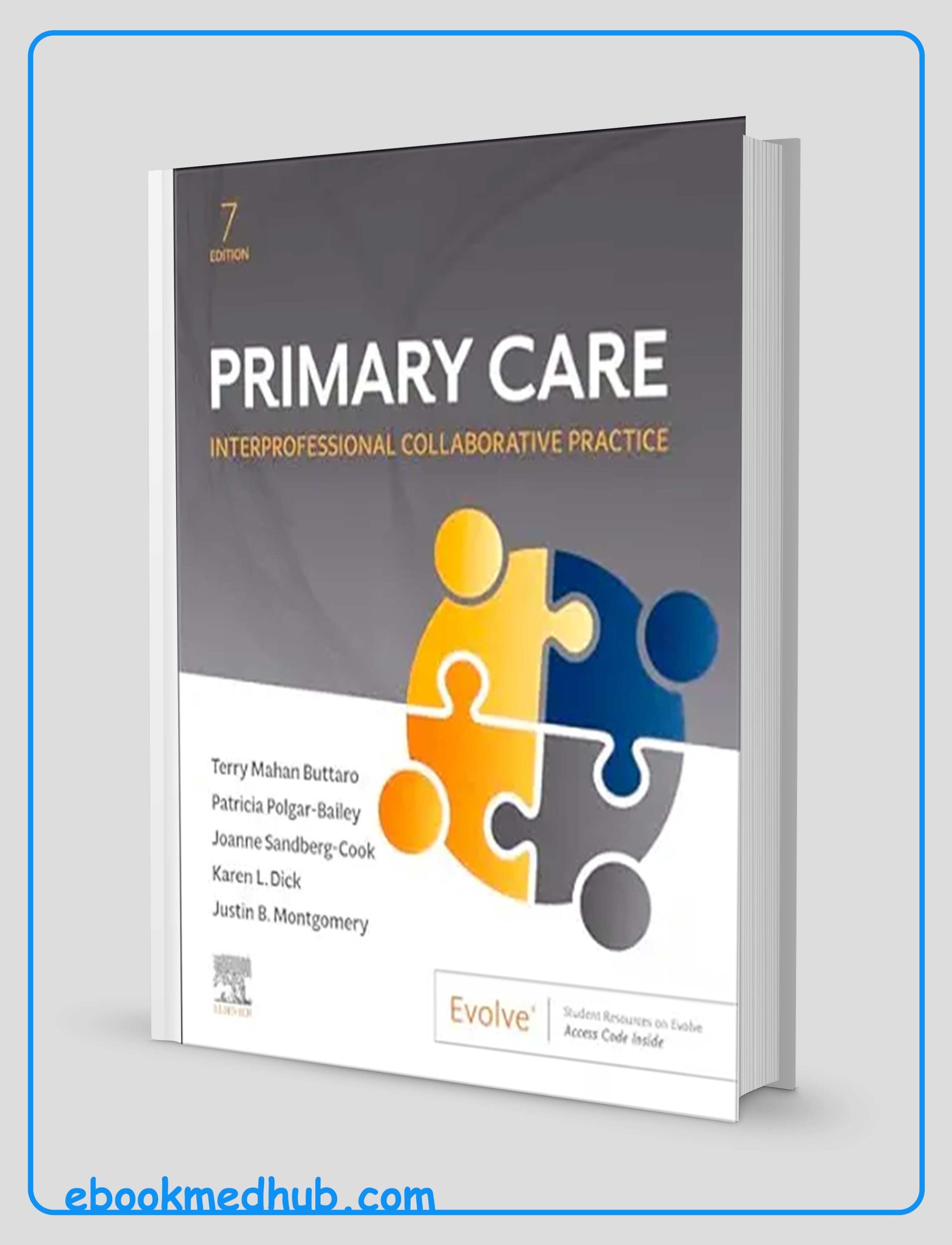








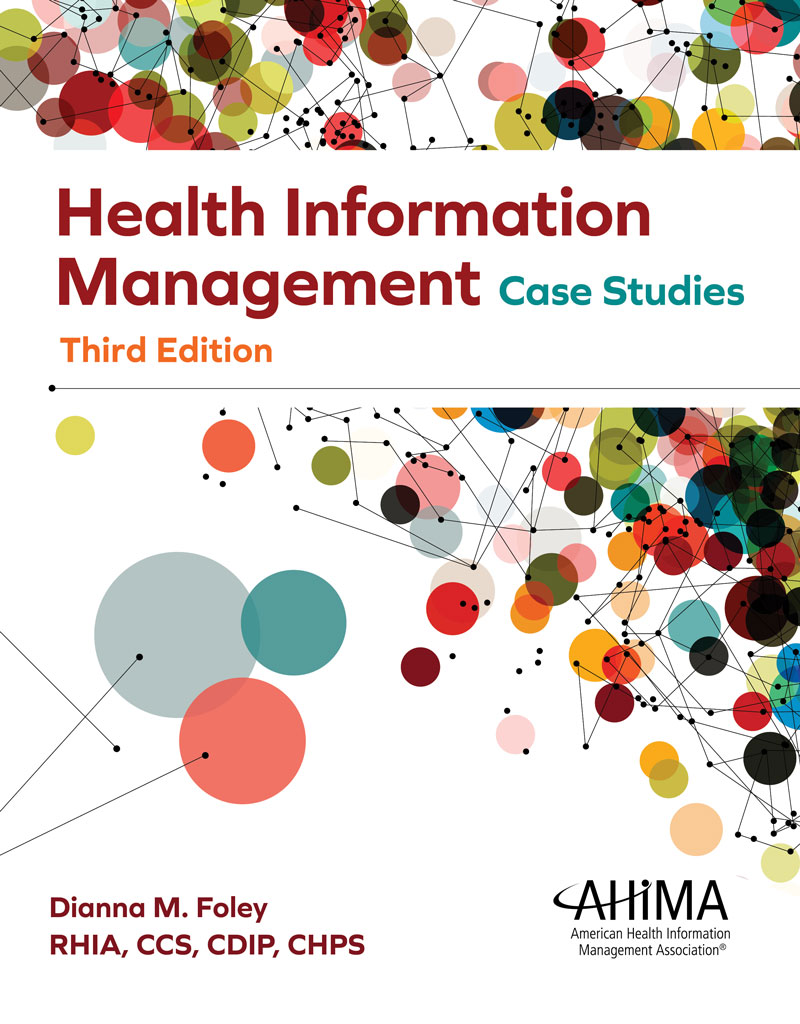

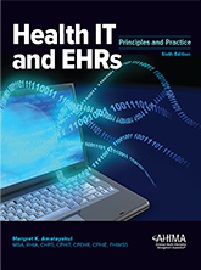


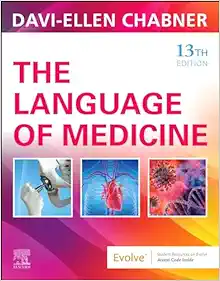




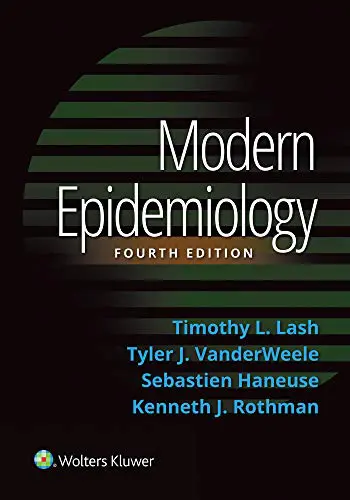




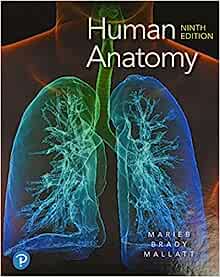
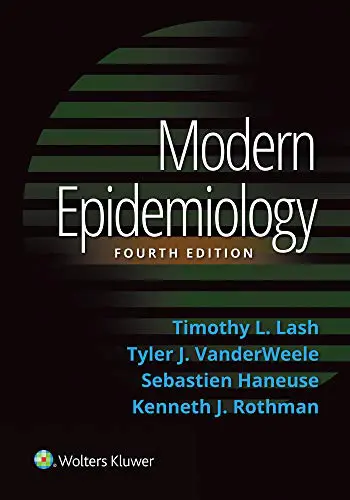
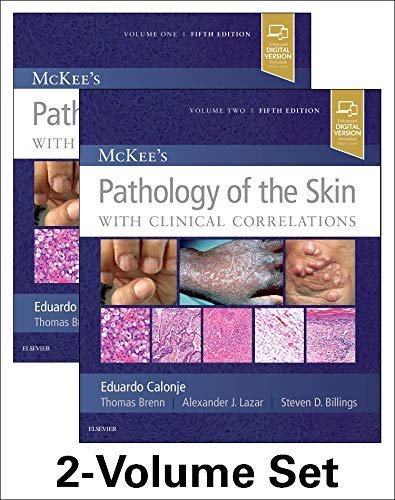





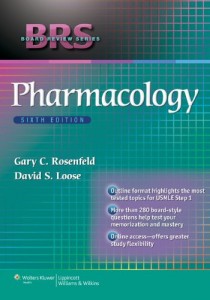


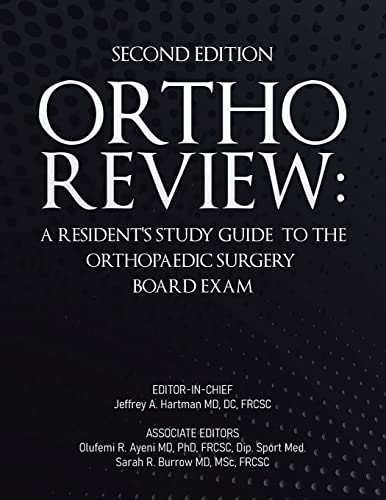







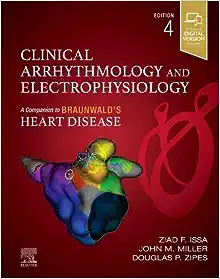

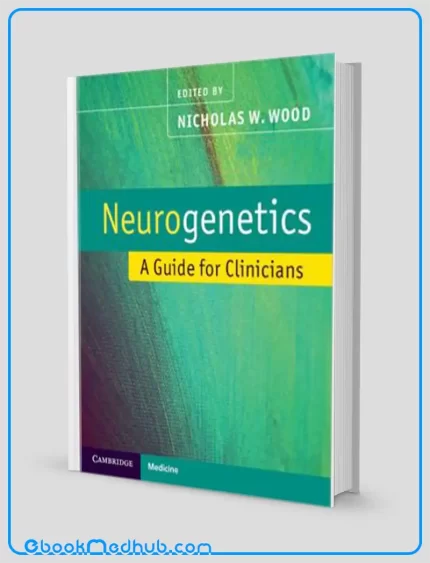
Reviews
There are no reviews yet.